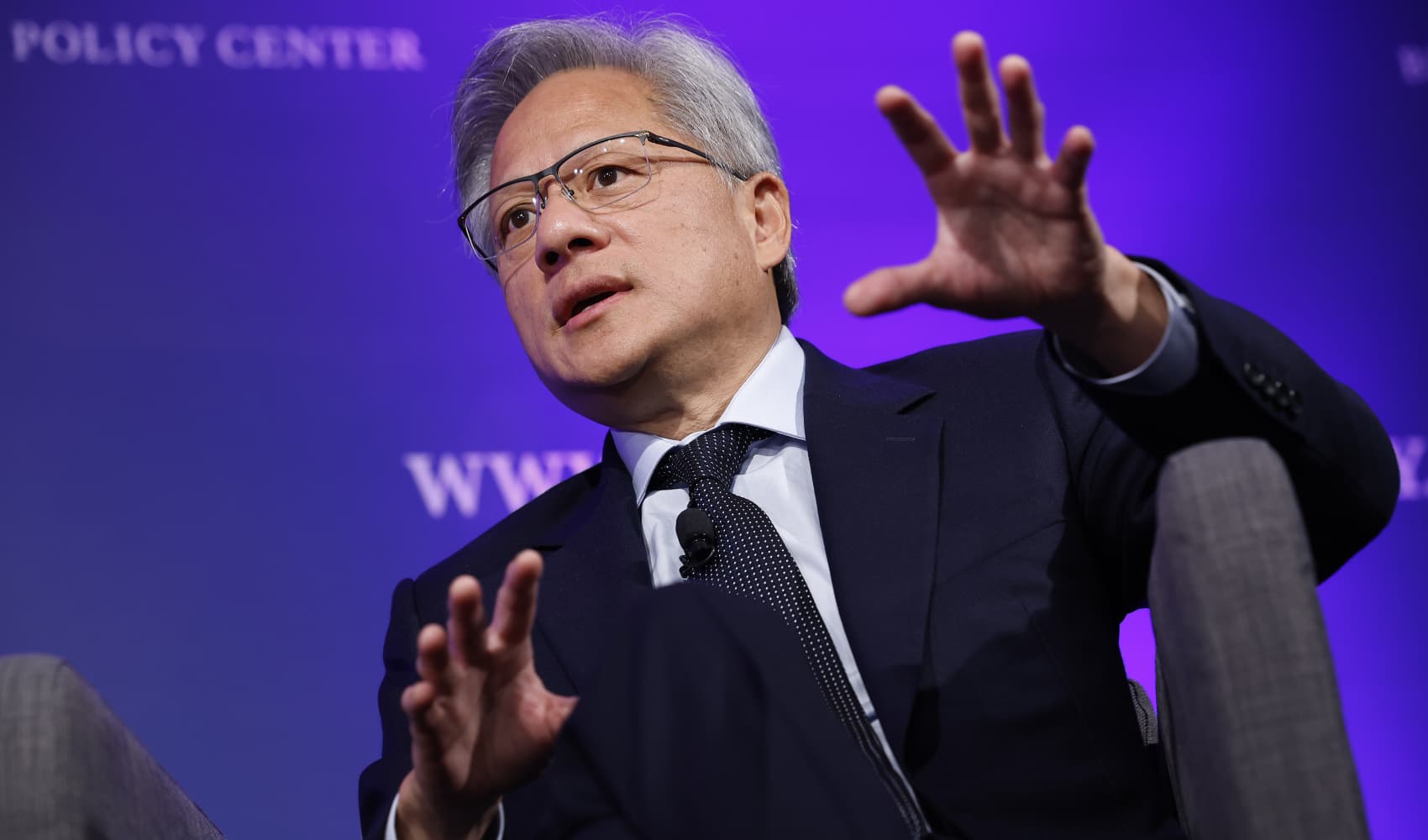
I re-signed the lease on my New York City apartment in February 2020, just over a month before coronavirus restrictions shut down the city.
At the time, $3,900 for my four-bedroom apartment in Queens seemed reasonable, and my roommates and I were more than happy to pay the $100 increase from $3,800 that our landlord wanted.
When the city closed down a few weeks later we joked about our poor timing, but as friends and neighbors fled to the suburbs and apartments around New York sat vacant while rents tumbled, we came to realize how bad our luck really was.
So when it came time to renew our lease again in 2021, we were prepared to negotiate. We explained that we had been paying well above market rate for the better part of a year and that we wanted to renew at $3,000 per month. Our landlord countered with an offer of $3,600 per month, and we eventually compromised on $3,200 per month.
We've got the news you need to know to start your day. Sign up for the First & 4Most morning newsletter — delivered to your inbox daily. >Sign up here.
This negotiation would have been unthinkable a year earlier, when prospective tenants had been touring our home, ready to sign a lease before we had even decided if we wanted to move.
With the last of the pre-covid lease renewals coming to an end this month, many renters will find themselves with more leverage than they've ever had before. From rent cuts to new appliances, landlords are prepared to make more concessions than ever to get tenants renewed or locked in on a new lease.
If you're planning to renew or sign a new lease, here are six tips for scoring the best deals.
Money Report
1. It's a tough market for landlords. Use that to your advantage
Now is a great time to sign a new lease, Allia Mohamed, CEO of openigloo, a startup that gathers public information on New York City buildings and landlords to help renters make their housing decisions, tells CNBC Make It.
"Before [Covid], things were a bit different," Mohamed says. "People would offer more money to secure an apartment before someone else. Now, there's more options on the market and renters have choices."
While negotiating might have once landed your application in the reject pile, it is now something landlords will engage with, particularly in cities that saw large chunks of their populations flee to the suburbs.
"I think pre-pandemic, landlords didn't expect you to negotiate, especially when there was a line of people waiting for an apartment," Mohamed says. "In these conditions, negotiating your rent is so common that almost everyone is trying to do it."
Renters who want to renew their current lease have the most leverage, Mohamed explains, because landlords would rather avoid foregoing rent while they clean, paint and do repairs on an empty unit.
"Assuming you're a good tenant and you pay your rent on time, the landlord should be trying to keep you in the apartment," she explains. "Being in that position gives you a little bit more leverage than normal."
2. Be clear about what you want and why you want it
Before entering a negotiation, look at prices in your desired neighborhood and come prepared to defend the number you are offering to pay.
"Try to walk your landlord through your thinking process of how you arrived at that price," Mohamed says. She suggests that prospective tenants mention nearby apartments, as well as any accompanying amenities, when explaining why they want a reduction.
Services like Zillow and Zumper are good resources for rental data, while Mohamed's openigloo is useful for New Yorkers who want to see tenant feedback on specific buildings.
3. Think about anything else you might be able to offer
If you have enough cash, consider offering several months' rent up front. Landlords may be willing to give a rent discount to tenants who can offer them more money right away.
"A lot of landlords are strapped for cash because a lot of renters are behind on their rent," Mohamed says. "If you can offer it, it's a popular tactic."
Proposing a lease longer than 12 months may also make landlords more willing to accept a lowball offer, she adds.
"Landlords are in a position in a lot of places where they want to secure that rent payment every month. If you're in a position in your life where you can commit to an apartment for two years, definitely use that as a negotiation tool," Mohamed says.
4. Once you secure a concession from your landlord, get it on paper
Every landlord has a different preferred method of communication. Some like phone calls, while others are partial to email and text. Regardless of the platform you use to negotiate, it's important to get a written record of any deal you agreed on.
"If you do have conversations by phone, make sure you summarize that phone call in a follow-up email after," Mohamed says. "Get those details confirmed and signed in a document."
5. Rent isn't the only thing you can negotiate
While some landlords might be unwilling to negotiate on rent, that doesn't mean they won't make concessions. You can ask your landlord to cover a utility you normally pay for each month or if they will replace old appliances with newer versions.
Even if you are happy with the rent you pay and don't have any issues with your apartment, that doesn't mean you can't ask for something. Mohamed recommends asking landlords if they would offer a rent credit for referrals, explaining that in many cases landlords might be happy to throw a $500 credit your way if you bring them a new lease.
"Ultimately, you don't get what you don't ask for," she says. "I think every tenant right now in this market should be trying to get some kind of concession in any way they can."
6. Be ready to walk away
If you think a landlord's asking price for an apartment is too high, don't overpay.
"This is really your time. Do your research and do your due diligence," Mohamed says. "But don't settle, because there are thousands of empty apartments to choose from."
Check out: Use this calculator to see exactly how much your third coronavirus stimulus check could be worth
Don't miss: The best credit cards for building credit of 2021






